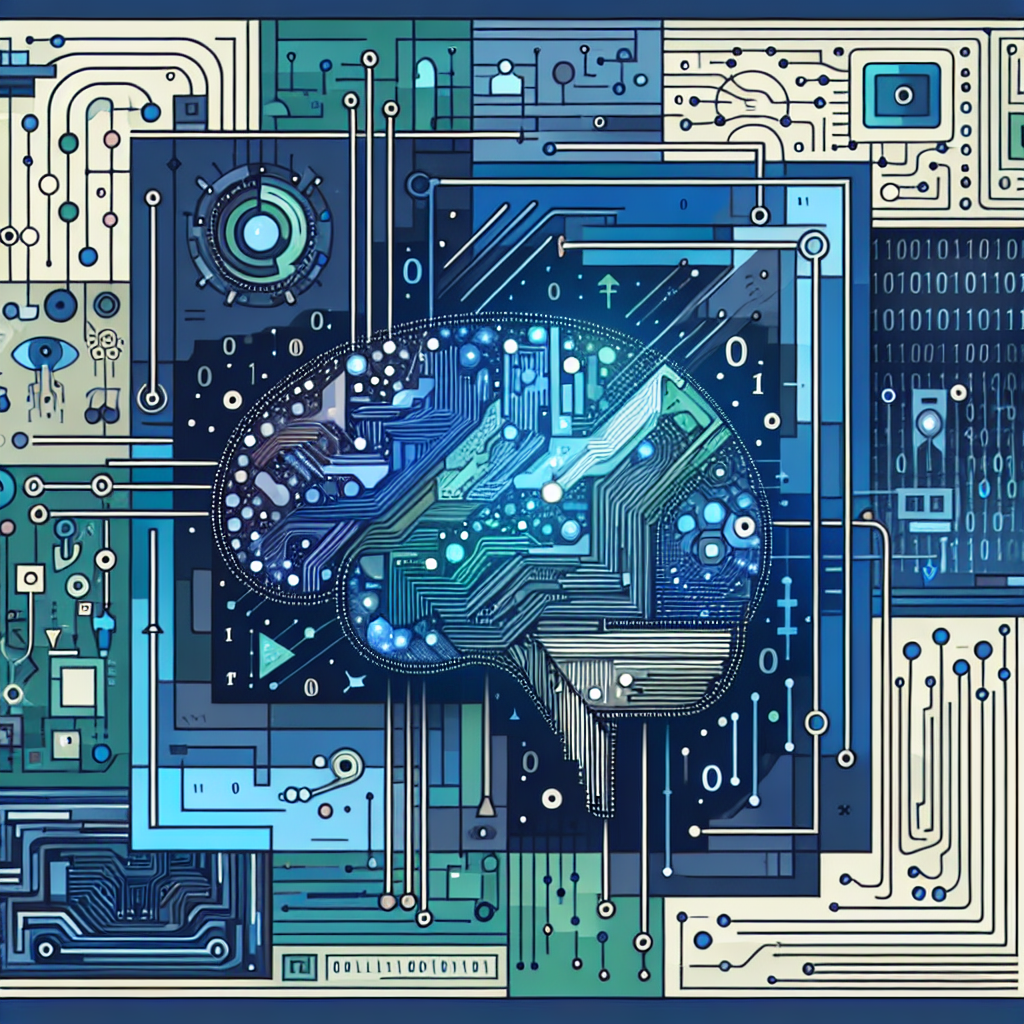Artificial General Intelligence (AGI) is a field of artificial intelligence research that aims to create machines capable of performing any intellectual task that a human can do. While current AI systems excel at specific tasks such as image recognition or natural language processing, they lack the general intelligence and versatility of human beings. AGI seeks to bridge this gap by developing systems that can learn, reason, and adapt to a wide range of tasks and environments.
The potential of AGI is vast and far-reaching, with implications for a wide range of industries and fields. In this article, we will explore the current state of AGI research, the challenges and opportunities it presents, and the potential impact on society as a whole.
Current State of AGI Research
While the field of AGI has made significant progress in recent years, we are still far from achieving truly general intelligence. Most AI systems today are narrow AI, meaning they are designed for specific tasks and lack the ability to generalize or adapt to new situations. AGI researchers are working on developing systems that can learn from experience, reason about complex problems, and make decisions in uncertain environments.
One of the key challenges in AGI research is building systems that can learn in an unsupervised manner, without the need for large amounts of labeled data. Current AI systems rely on massive datasets to learn from, which limits their ability to generalize to new tasks or environments. AGI researchers are exploring new approaches to machine learning, such as reinforcement learning and meta-learning, to enable machines to learn more efficiently and effectively.
Another challenge in AGI research is developing systems that can reason and think abstractly, like humans do. While current AI systems excel at tasks that involve pattern recognition or statistical analysis, they struggle with tasks that require higher-level reasoning or understanding of complex concepts. AGI researchers are investigating new techniques for symbolic reasoning, logical inference, and analogical reasoning to enable machines to think more like humans.
Opportunities and Applications of AGI
The potential applications of AGI are vast and diverse, with implications for almost every industry and field. AGI systems could revolutionize healthcare by enabling faster and more accurate diagnosis of diseases, personalized treatment plans, and drug discovery. They could also transform education by providing personalized learning experiences, adaptive tutoring systems, and automated grading of assignments.
In the field of finance, AGI systems could improve risk management, fraud detection, and algorithmic trading. They could also enhance cybersecurity by detecting and responding to cyber threats in real-time. In the field of transportation, AGI systems could enable autonomous vehicles to navigate complex environments, optimize traffic flow, and reduce accidents.
AGI systems could also have a profound impact on the field of creativity, by creating new works of art, music, literature, and design. They could assist scientists in discovering new materials, drugs, and technologies. They could also help policymakers in making better decisions about climate change, economic development, and social welfare.
Impact on Society
The widespread adoption of AGI could have profound implications for society as a whole, both positive and negative. On the positive side, AGI systems could enable us to solve some of the most pressing challenges facing humanity, such as poverty, disease, and climate change. They could also enhance our quality of life by automating mundane tasks, improving healthcare outcomes, and enhancing our creativity.
On the negative side, AGI systems could also pose risks to society, such as job displacement, privacy violations, and misuse of power. The widespread adoption of AGI could lead to mass unemployment in certain industries, as machines take over tasks that were previously performed by humans. AGI systems could also invade our privacy by collecting and analyzing massive amounts of data about us, without our consent.
FAQs about Artificial General Intelligence
Q: What is the difference between AGI and narrow AI?
A: AGI systems are designed to perform any intellectual task that a human can do, while narrow AI systems are designed for specific tasks such as image recognition or natural language processing.
Q: How close are we to achieving AGI?
A: While significant progress has been made in AGI research, we are still far from achieving truly general intelligence. It is difficult to predict when AGI will be achieved, as it depends on many factors such as funding, research progress, and technological breakthroughs.
Q: What are the ethical implications of AGI?
A: The widespread adoption of AGI could raise ethical concerns about job displacement, privacy violations, and misuse of power. It is important to consider these ethical implications when developing and deploying AGI systems.
Q: How can we ensure that AGI benefits society as a whole?
A: It is important to involve a diverse group of stakeholders in the development and deployment of AGI systems, including policymakers, researchers, industry leaders, and the public. By working together, we can ensure that AGI benefits society as a whole and minimizes potential risks.
In conclusion, the potential of AGI is vast and far-reaching, with implications for almost every industry and field. While significant progress has been made in AGI research, we are still far from achieving truly general intelligence. It is important to consider the ethical implications of AGI and work together to ensure that AGI benefits society as a whole. By exploring the potential of AGI and addressing the challenges it presents, we can unlock new opportunities and create a better future for all.

